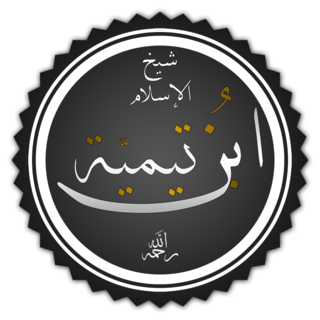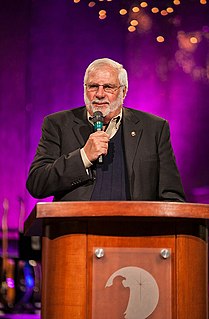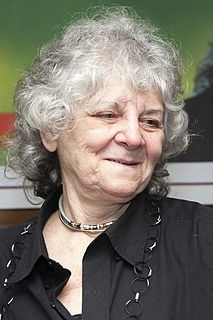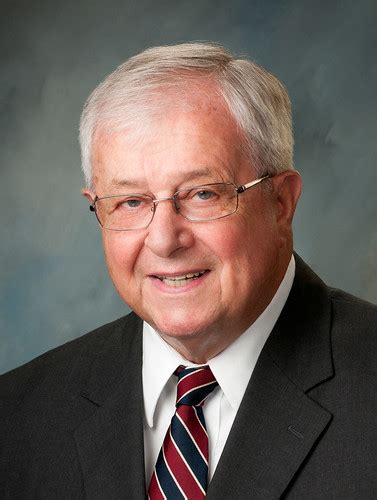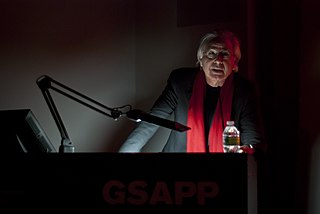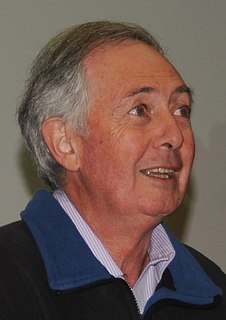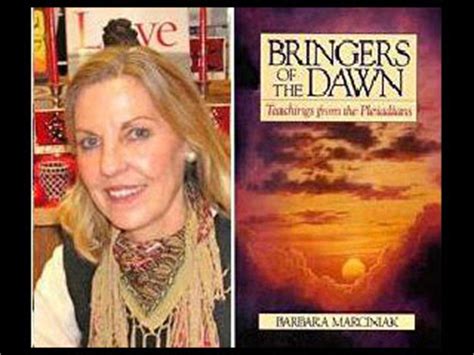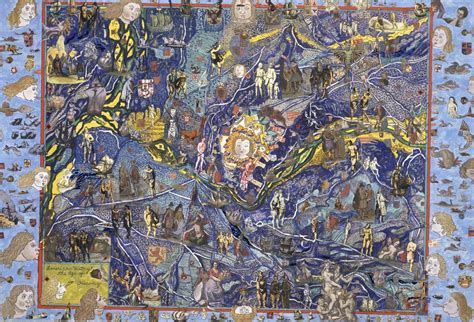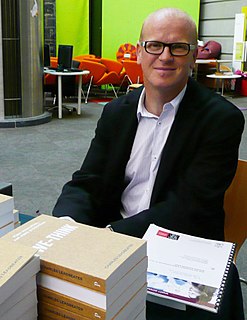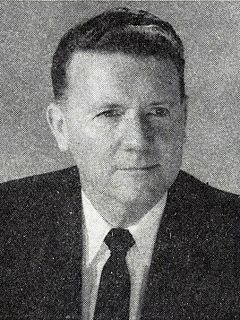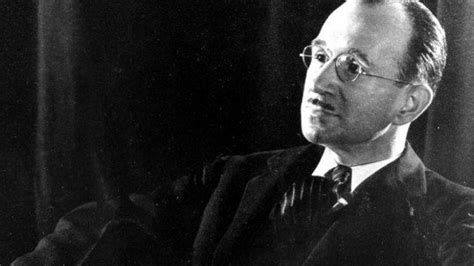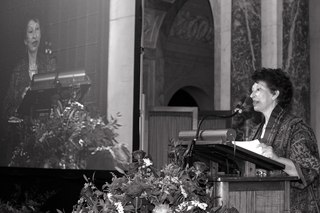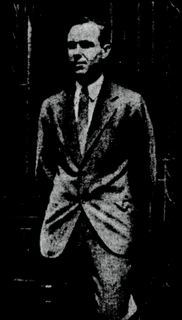Top 1200 Carnal Knowledge Quotes & Sayings - Page 16
Explore popular Carnal Knowledge quotes.
Last updated on April 21, 2025.
Seek (beneficial) knowledge,
because seeking it for the sake of Allaah is a worship.
And knowing it makes you more God-fearing;
and searching for it is jihad,
teaching it to those who do not know is charity,
reviewing and learning it more is like tasbeeh.
Through knowledge Allaah will be known and worshiped.
We have been discussing sin and the carnal nature from which disciples are getting free. However, we cannot get free by our own strength from these things. It takes our will to want to get free in order to please the Lord and be delivered from what is bringing so much death upon the world. However, we need God's grace and His power to live free of these things.
I have no admiration for culture. I have no reserve knowledge, no provisional knowledge. And everything that I learn, I learn for a particular task, and once it's done, I immediately forget it, so that if ten years later, I have to get involved with something close to or directly within the same subject, I would have to start again from zero, with some few exceptions.
Humility is essential to the acquiring of spiritual knowledge. To be humble is to be teachable. Humility permits you to be tutored by the Spirit and to be taught from sources inspired by the Lord, such as the scriptures. The seeds of personal growth and understanding germinate and flourish in the fertile soil of humility. Their fruit is spiritual knowledge to guide you here and hereafter.
The highest knowledge is to know that we are surrounded by mystery. Neither knowledge nor hope for the future can be the pivot of our life or determine its direction. It is intended to be solely determined by our allowing ourselves to be gripped by the ethical God, who reveals Himself in us, and by our yielding our will to His.
It is the close observation of little things which is the secret of success in business, in art, in science, and in every pursuit in life. Human knowledge is but an accumulation of small facts made by successive generations of men--the little bits of knowledge and experience carefully treasured up by them growing at length into a mighty pyramid.
Teachers and students (leadership and people), co-intent on reality, are both Subjects, not only in the task of unveiling that reality, and thereby coming to know it critically, but in the task of re-creating that knowledge. As they attain this knowledge of reality through common reflection and action, they discover themselves as its permanent re-creators.
The central problem of management is how spontaneous interaction of people within a firm, each possessing only bits of knowledge, can bring about the competitive success that could only be achieved by the deliberate direction of a senior management that possesses the combined knowledge of all employees and contractors
Vietnam was an exercise in mistaken idealism Iraq in cynical money-making. And there's no optimism or idealism now -- Americans are tired of knowledge. Our leaders, the C-students from Yale, know this. We're proud of being ignorant that leaves virtue at our core. We aren't frazzled by knowledge like foreigners, so we can be trusted.
Ethologists thus have an interest in looking at these capacities for the reliable acquisition of belief, and it is not surprising that they have a name for the true beliefs which are the typical product of these reliable capacities. They call them items of knowledge. So I argue that talk of knowledge may thereby be seen to be embedded within a successful empirical theory.
One of the great problems of philosophy, is the relationship between the realm of knowledge and the realm of values. Knowledge is what is; values are what ought to be. I would say that all traditional philosophies up to and including Marxism have tried to derive the "ought" from the "is." My point of view is that this is impossible, this is a farce.
Taste, when once obtained, may be said to be no acquiring faculty, and must remain stationary; but knowledge is of perpetual growth and has infinite demands. Taste, like an artificial canal, winds through a beautiful country, but its borders are confined and its term is limited. Knowledge navigates the ocean, and is perpetually on voyages of discovery.
Naturally, men are prone to spin themselves a web of opinions out of their own brain, and to have a religion that may be called their own. They are far readier to make themselves a faith, than to receive that which God hath formed to their hands; are far readier to receive a doctrine that tends to their carnal commodity, or honor, or delight, than one that tends to self-denial.
No matter how physically faint, a photograph involuntarily whisper of something exquisitely carnal. The weeks, the years, whatever stretches of time separating our present from the photographs retire into the transparence of the shot and seem erased by it. We almost have to shake ourselves to overcome the feeling that we peer out at the other place, in that different age. Yet we are always aware of this illusory dislocation, for such is the ambiguity, in principle, that seduces us over and over again in the photographic experience.
You can go online now and find really thoughtful, in-depth, considered, well-informed communities around virtually any issue. If it's your issue, there are now new ways of mobilising knowledge that weren't there before. There are real bodies of significant knowledge on the web that are valuable that we haven't done nearly enough with.
It is impossible to talk of respect for students for the dignity that is in the process of coming to be, for the identities that are in the process of construction, without taking into consideration the conditions in which they are living and the importance of the knowledge derived from life experience, which they bring with them to school. I can in no way underestimate such knowledge. Or what is worse, ridicule it.
There are many locks in my house and all with different keys, but I have one master-key which opens them all. The Lord has many treasures and secrets all shut up from carnal minds with locks which they cannot open. But he who walks in fellowship with Jesus possesses the master-key which will open to him all the blessings of the covenant and even the very heart of God.
God doesn't help. I think that's a knockdown argument. I think that it really shows that whatever moral knowledge we have and whatever moral progress we make in our knowledge or whatever progress we make in our moral knowledge is not coming really from religion. It's coming from the very hard work really of moral philosophy, of trying to ground our moral reasonings.
The kingdom of heaven is for the heirs - and if children, then heirs; if born again, then heirs. Wherefore it is said expressly, Except a man be born again, he cannot see the kingdom of God. By this one word, down goes all carnal privilege of being born of flesh and blood, and of the will of man. Canst thou produce the birthright?
We come to the New Testament, where again a host of imperative verbs is mustered in support of that miserable bondage of free-choice, and the aid of carnal Reason with her inferences and similes is called in, just as in a picture or a dream you might see the King of the flies with his lances of straw and shields of hay arrayed against a real and regular army of seasoned human troops. That is how the human dreams of Diatribe go to war with the battalions of divine words.
I see all mythology as one tradition, a way of disseminating knowledge that must come to us in code so that we can live sanely with it, since some forms of knowledge are too dark, or too complex, to be plainly spoken. And so we have these weird (and also sometimes entertaining and surprising and heartening) tales that belong to all of us.
The fact that cultures are failing all over the world means that they don't know how to operate a society to make it work. Politicians have no real knowledge of technology; therefore, they are not capable of increasing food production, designing transportations systems that are safe… They have no knowledge in that area. Therefore it's senseless to talk to them about anything of significance.
It's where we're nearest to our humanness. Useless knowledge for its own sake. Useful knowledge is good, too, but it's for the faint-hearted, an elaboration of the real thing, which is only to shine some light, it doesn't matter where on what, it's the light itself, against the darkness, it's what's left of God's purpose when you take away God.
The beauty of the unexpected and unknown, and it's certainly very tantalizing for me as an actor. Other actors can't deal with that; they want to know, but then they make choices and decisions with that knowledge because that knowledge gives them forethought, and they can think about how they want to play something that takes away spontaneity of what they could be doing.
There comes a point in every story where you have got a reservoir of knowledge, and you are then really just adding the substantial new facts to your understanding of it. That is the easiest situation, because you can call on that reservoir, but when you get a sudden story out of nowhere, like ebola, you don't have a reservoir of knowledge.
For the Humanist, . . . head and heart . . . must function together. . . . The constitution of the Phillips Exeter Academy reads: 'Though goodness without knowledge . . . is weak and feeble, yet knowledge without goodness is dangerous. . . . Both united form the noblest character and lay the surest foundation of usefulness to mankind.'
The tenets of [the Christian life] seem paradoxes to carnal men; as first, that a Christian is the only freeman, and other men are slaves; that he is the only rich man, though never so poor in the world; that he is the only beautiful man, though outwardly never so deformed; that he is the only happy man in the midst of all his miseries.
The minds of stone lovers had colonised stones as lichens clung to them with golden or grey-green florid stains. The human world of stones is caught in organic metaphors like flies in amber. Words came from flesh and hair and plants. Reniform, mammilated, botryoidal, dendrite, haematite. Carnelian is from carnal, from flesh. Serpentine and lizardite are stone reptiles ; phyllite is leafy-green.
One advantage of exhibiting a hierarchy of systems in this way is that it gives us some idea of the present gaps in both theoretical and empirical knowledge. Adequate theoretical models extend up to about the fourth level, and not much beyond. Empirical knowledge is deficient at practically all levels.
There is knowledge of God and the spiritual nature of man, as well as other types of reality..., that are not reducible to the world dealt with by the so-called "natural" sciences. The idea that knowledge - and, of course, reality - is limited to that world is the single most destructive idea on the stage of life today.

